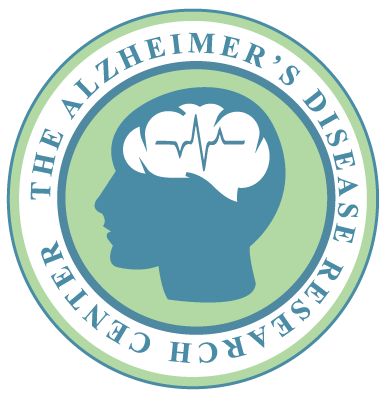The Importance and Benefits of Participating in Alzheimer’s Disease and other Memory Disorders Clinical Trials:
Alzheimer’s disease is a progressive neurological disease, which results in a progressive decline in memory and cognition with a gradual loss of an ability to function independently eventually resulting in a nursing home level of care. Alzheimer’s disease robs people of their most precious commodity, which is that of their personal memories and understanding of their personal relationships. It affects over 5 million Americans and these numbers are rapidly growing, as our population is aging. Most people know someone with Alzheimer’s disease.
For over 35 years we have developed cholinesterase inhibitors, which are able to stabilize the condition for a period of time. They do not cure the condition, but are helpful in the treatment of patients with Alzheimer’s disease. These medications were developed as biochemical knowledge of the condition of Alzheimer’s disease became better known. We are now at a point where we are looking to advance our potential treatments much further. We have identified molecules, such as amyloid and tau, which are involved in the pathophysiology of this disease and we are in the process of developing treatments to eradicate these toxic substances.
Once research medications are designed, developed and studied in the preclinical laboratory, they are then ready to advance to clinical trials in people, first in healthy volunteers and later in patients with Alzheimer’s disease for the purposes of determining if the medications are safe and effective. Clinical trials are required by the FDA (Food and Drug Administration) and involve patient volunteers, who will be assigned various doses of a research medication or a placebo (inactive “sugar pill”) in a “blinded” fashion, such that neither the patient nor the doctor know what treatment the patient is on until the study is completed. Research studies are critical to the development of new treatments for Alzheimer’s disease.
Clinical trial research cannot proceed without the participation of patients along with their caregivers and family members. While scientists may develop potential new therapies in the laboratory, the only way to clarify their effectiveness and their safety is through the use of clinical trials. While participation in clinical trials is a significant donation on the part of the patient and their families from the perspective of time and involvement, they have the satisfaction of knowing they are contributing to an important undertaking. This participation may lead to a better understanding of the condition of Alzheimer’s disease; it may lead to further treatments which might benefit them, as well as future generations. Patients tell us they feel more fulfilled knowing they are contributing to the advancement of treatments for Alzheimer’s disease. In fact, more and more people in the general public are becoming aware of the importance of research trials and participation has been rising significantly in recent years.
Finally and perhaps most importantly from a personal perspective, it has long been noted and published, the patients participating in Alzheimer’s disease clinical trials do better on average over time than patients who are not involved in such trials. Even patients who are on a placebo consistently outperform patients who are properly treated, but who are not participating in clinical trials. While our patients report that there are clear benefits, both socially and emotionally, which they directly recognize while participating in an Alzheimer’s disease trial at our site, some neuroscientists have suggested that there might well be a neurochemical underpinning to the research patients’ superior performance. This is an active area of neuroscience research.
Our Research Office is currently enrolling patients for several clinical trials.
To learn more about our current clinical trials please call our Office today at 518 426-0575. Please ask to speak with research team member. Please also ask about our complementary pre-screen appointment for you or someone dealing with memory challenges. For patients already on Medicare, Medicare has agreed to cover the cost of these scans for this research study.

